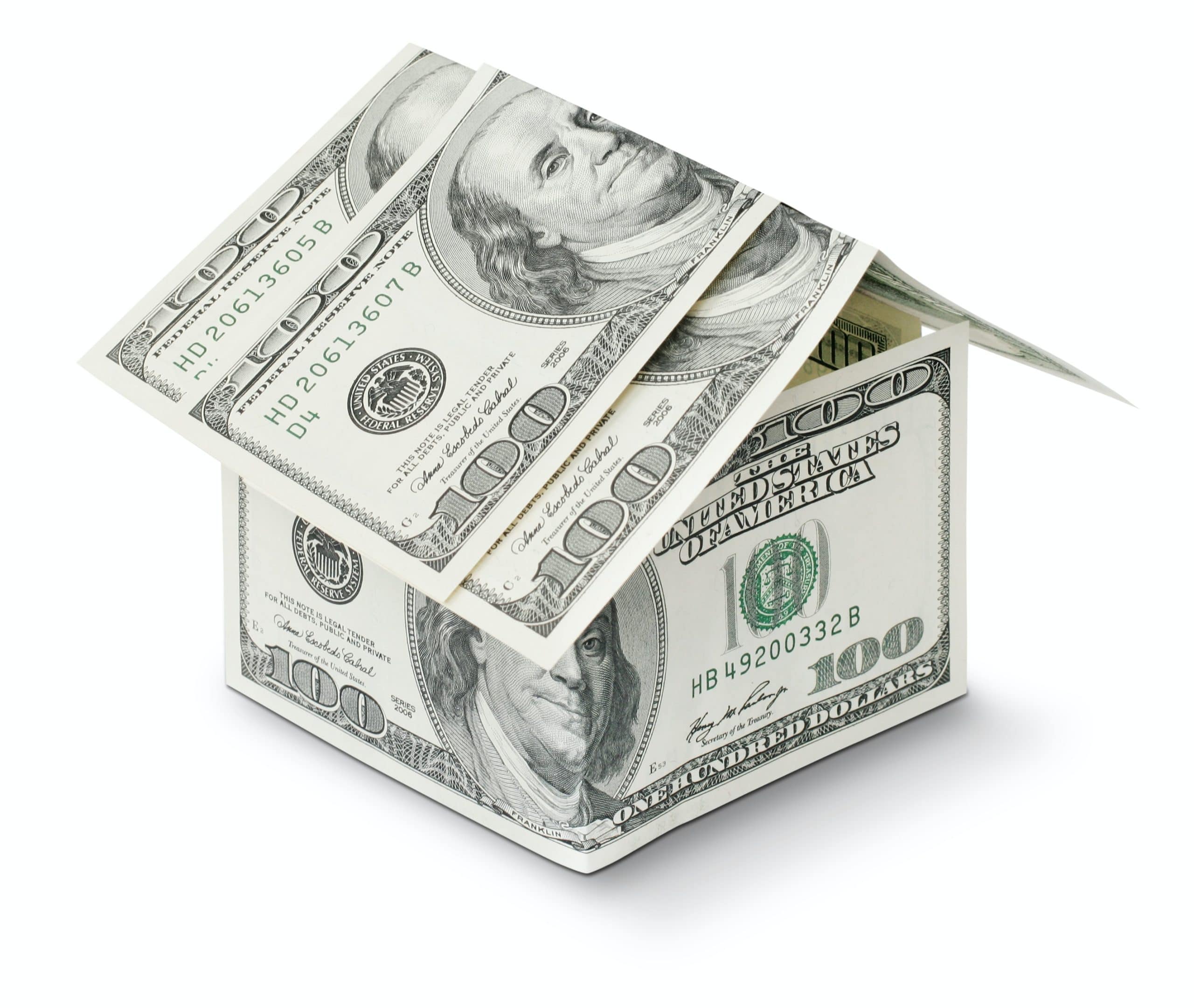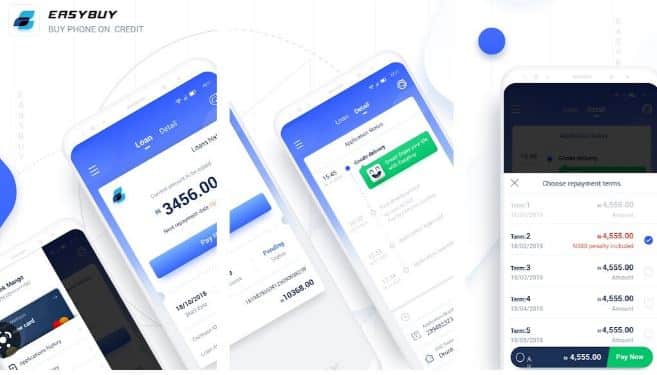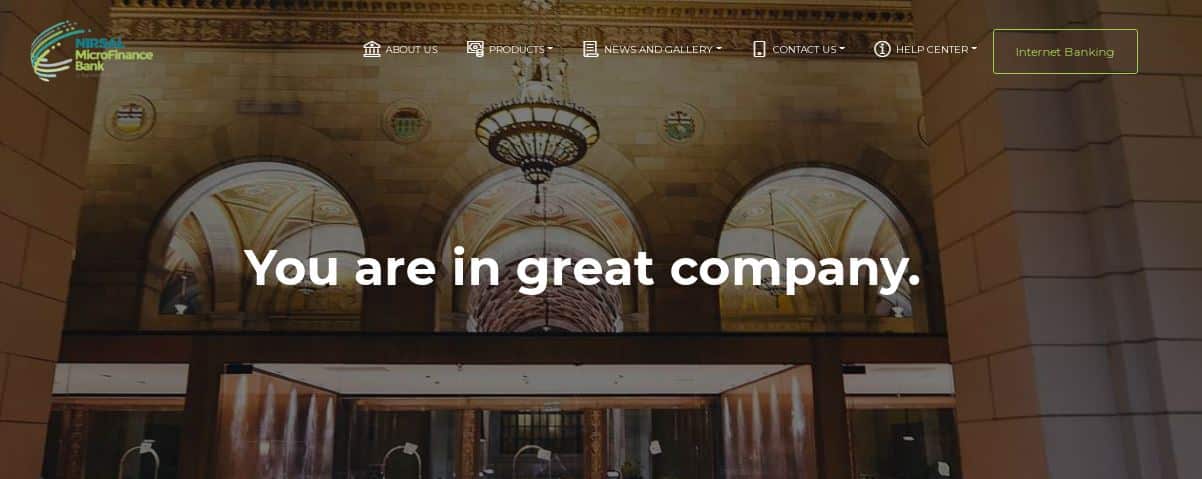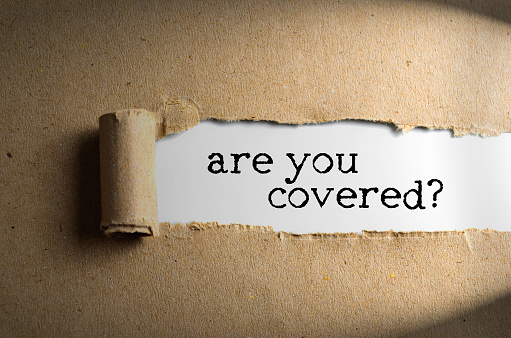If you’re trying to boost your credit score, you may have considered applying for a secured credit card. How Much Will A Secured Credit Card Raise My Score Here are some things to consider when deciding whether to use one of these cards and what to look out for when applying.
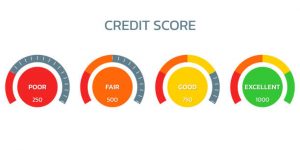
What is FICO, And Why Does It Matter?
Credit card issuers use FICO scores to determine how likely you’ll pay your bills. So, what exactly is FICO, and why does it matter so much? The exact formula has never been revealed, but we know that multiple factors determine your score: payment history, amounts owed, length of credit history, and types of credit used. If you have a high income or lots of cash to put down for a security deposit on your credit card account, you can improve your FICO score. However, if you cannot show adequate income or other assets, it may not be worth trying to get a secured card. It might make more sense to look into a personal loan in these cases instead. These loans tend to have lower interest rates than unsecured credit cards and don’t require a significant deposit to qualify.
Where Can I Find My FICO Score For Free?
One of your first tasks when starting to build or rebuild your credit is determining where you stand. You can do that by going to sites like CreditKarma and pulling up your credit score, but those scores may not be precise. One way around that is to apply for a secured credit card, which reports monthly to all three major credit bureaus. That way, you’ll have an idea of where you stand when it comes time to pull those reports again—and see how much progress you’ve made. If you’re approved for a secured card, you’ll also have access to more than $200 in credit. In other words, you won’t need to worry about paying off your balance in full each month; as long as you make payments on time and keep that utilization ratio low (less than 30 percent), then over time, your score will improve even if you don’t add any new accounts. And once it does improve enough, then it’s safe to start applying for unsecured cards again. So, the question once again is How Much Will A Secured Credit Card Raise My Score? Let Proceed.
When Should I Apply For A Secured Credit Card?
You might think that you’re wasting your time by applying for secured credit cards when your credit score is nowhere near 700, but there are several benefits to having one. The most obvious is that secured cards can help boost your score (at least in theory). You can positively affect your creditworthiness by reporting on-time payments to credit bureaus and providing proof of an active account. Another reason to apply for a secured card is to start getting comfortable with credit and test out payment methods that work best for you. You may be surprised at how different it feels when making on-time payments doesn’t come easily. Before applying for a secured card, here are three questions: 1) How long have I had bad credit? 2) Have I recently gone through bankruptcy or foreclosure? 3) What do I want to use my new card for? If you answered yes to any of these questions, you should probably wait until your situation improves before applying for a secured card.
Should I Use The Same Bank That Holds My Savings Account As The Bank That Has My New Credit Card?
There are many reasons you should use a bank to get your new credit card. First, they’ll give you information about what to expect when building your credit score. In addition, you won’t have to pay fees associated with opening an account if it’s located at a branch of your primary bank. Plus, many banks have special programs that boost your score based on how much you spend in different categories on your card each month, allowing them better to tailor their offerings to their customers’ needs and earning potentials. So, for example, if you’re trying to build up your business-related expenses to apply for a loan or line of credit for your company later down the road, using a card from your bank will allow them to help you do just that. And don’t forget: Your issuer is also likely to be more lenient when approving increases in your credit limit requests since they know you well. You may even be able to receive one without a hard pull on your report! A few caveats: It is possible that using your bank as both a creditor and depositary could impact how quickly (or slowly) you’re approved for other loans or lines of credit later down the road—especially if those loans require a hard pull. Some people also report getting dinged by banks because of debt levels owed across multiple accounts. If you think these issues might affect you negatively in future applications, keep these points in mind before deciding whether to go with one institution for all your financial services needs.
Which Secured Credit Cards Offer The Best Approval Odds For Low-Credit Applicants In 2023?
How Much Will A Secured Credit Card Raise My Score For most people with bad credit, there are two types of secured credit cards: Those that charge an annual fee and those that don’t. Before shopping for secured cards, consider what is most important to you in a card. For example, if you want to earn rewards or miles or don’t want to pay an annual fee, you can probably do better than one of these cards. If your goal is to improve your credit score quickly by charging as much as possible on one card and paying it off in full each month, these might be what you need. At least they will be once you read our tips below! We’ve ranked all of these cards based on how likely we think you are to get approved, how high their credit limits (which is directly related to their approval odds), and any other benefits they offer (like cashback). The best-case scenario would have been if we could compare your exact credit profile against every single application data point from 2016 (that was recently released) for each issuer. But because there were so many different variables involved in getting approved for each issuer, we had to use a slightly more complicated method. This method allowed us to get very close, though—closer than ever before—to giving you an idea of which cards will provide you with the best chance at approval based on your actual application data points from 2016 at TransUnion.
If I apply For Several Cards At Once, Do All Of Them Report To The Bureaus At Once, So They All Affect My Score At Once?
The answer is no. Your credit score isn’t negatively affected by doing something like signing up for many credit cards in one day, as long as you’re responsible for paying them off. The key is to stagger your applications over time so that each new card doesn’t look like a sign of desperation and financial strain. A good rule of thumb is to space out your applications by at least 30 days. If you want to apply for multiple cards in a short period, do it over two or three months. It’s also essential to ensure you’re not applying for more than two credit cards per issuer within a specific timeframe. For example, suppose you have an existing relationship with Capital One. In that case, they might reject your application if you try to open another account with them too soon after your last approval. It’s always best to check with customer service before applying for any new funds just in case there are restrictions on how often and how many times you can use an account from a particular lender.
Is There Any Point In Applying If I Have An Existing Balance On Another Unsecured Credit Card?
If you have an existing balance on another unsecured credit card, it is worth your while to apply for a secured credit card. When you do so, make sure that you request that any balance from your other account be transferred to your new secured credit card. This will prevent late payments from showing up on both versions and may help improve your credit score by having fewer open accounts with balances. Also, keep in mind that most secured cards come with a low limit—typically around $300–$500—which means that you won’t be able to carry very much debt on them anyway. The point of a secured credit card isn’t to rack up large amounts of debt; it’s to build your credit history. So don’t worry about maxing out your spending power; if you want more room, ask for a higher limit when you’re approved.
How To Improve Your Credit Score
Your credit score is a significant number that plays a role in whether you get approved for credit cards, loans, mortgages, and other types of financing. According to Experian, five factors make up your FICO score: payment history (35 percent), amounts owed (30 percent), length of credit history (15 percent), new credit (10 percent), and types of credit used (10 percent). To get your best possible score, pay all bills on time, don’t take out new loans unless necessary, and don’t open multiple new accounts in one day. If you apply for any loan or open several credit lines at once, it will temporarily lower your score because it looks like you may be taking on too much debt. This could happen if you’re planning to refinance a mortgage or consolidate student loans, but applying for numerous cards at once would probably count as too much debt. It might even mean your score would go down. You can also check your credit report online by requesting a free copy from each of the three major bureaus—Experian, Equifax, and TransUnion—to ensure there aren’t any errors. If everything checks out fine, continue working on paying off outstanding debts and opening new lines of credit only when needed. I am sure with this, the question of How Much Will A Secured Credit Card Raise My Score is getting clearer.
How To Make A Secured Credit Card Work For You
If you want to know how to make a secured credit card work for you, first, you should learn how they work. You put cash down as collateral, and your credit limit is based on that deposit amount in return. You put $500 down on a card with an issued limit of $500. Your credit utilization ratio is calculated by dividing your total balances by available credit limits. So if your balance was at $250 and your available credit limit was at $250, then your ratio would be 50% because half of what you could use is already being used. This can negatively impact your score when it comes to credit utilization. However, the more money you have tied up in a secured card, the lower your percentage will be. For example, if someone has $1,000 tied up in their account and has a $1,000 limit on their card, their percentage would only be 10%. But again—this depends on how much money you put down versus how much of a line of credit you are given.
The Bottom Line On How Much Will A Secured Credit Card Raise My Score
How Much Will A Secured Credit Card Raise My Score? There is no consensus among credit experts and lenders as to how much a secured credit card will help your score. Not all secured cards are alike, and their impact on your score depends on how you use them. For example, if you carry balances on several credit cards (as most people do), paying off all those accounts at once with a secured card could increase your score. However, if you use a secured card to build up your credit without ever carrying a balance month after month, it’s unlikely to boost your score significantly — or at all. The only way to know for sure is to check with each of the three major bureaus and ask for an updated FICO score before and after using it. Some financial advisers recommend that even if a secured card doesn’t improve your score right away, you should still consider getting one because they’re easier to get than unsecured credit cards. Banks want to make money by lending money; they don’t want customers who can’t pay back what they borrow. A good rule of thumb is to apply for a secured card when you have bad credit (or no credit) and then work hard not to go over a 30% utilization ratio on any single account — which means never spending more than $1,000 across all your open tabs. This will show lenders that you can be trusted with more access to capital down the road.








